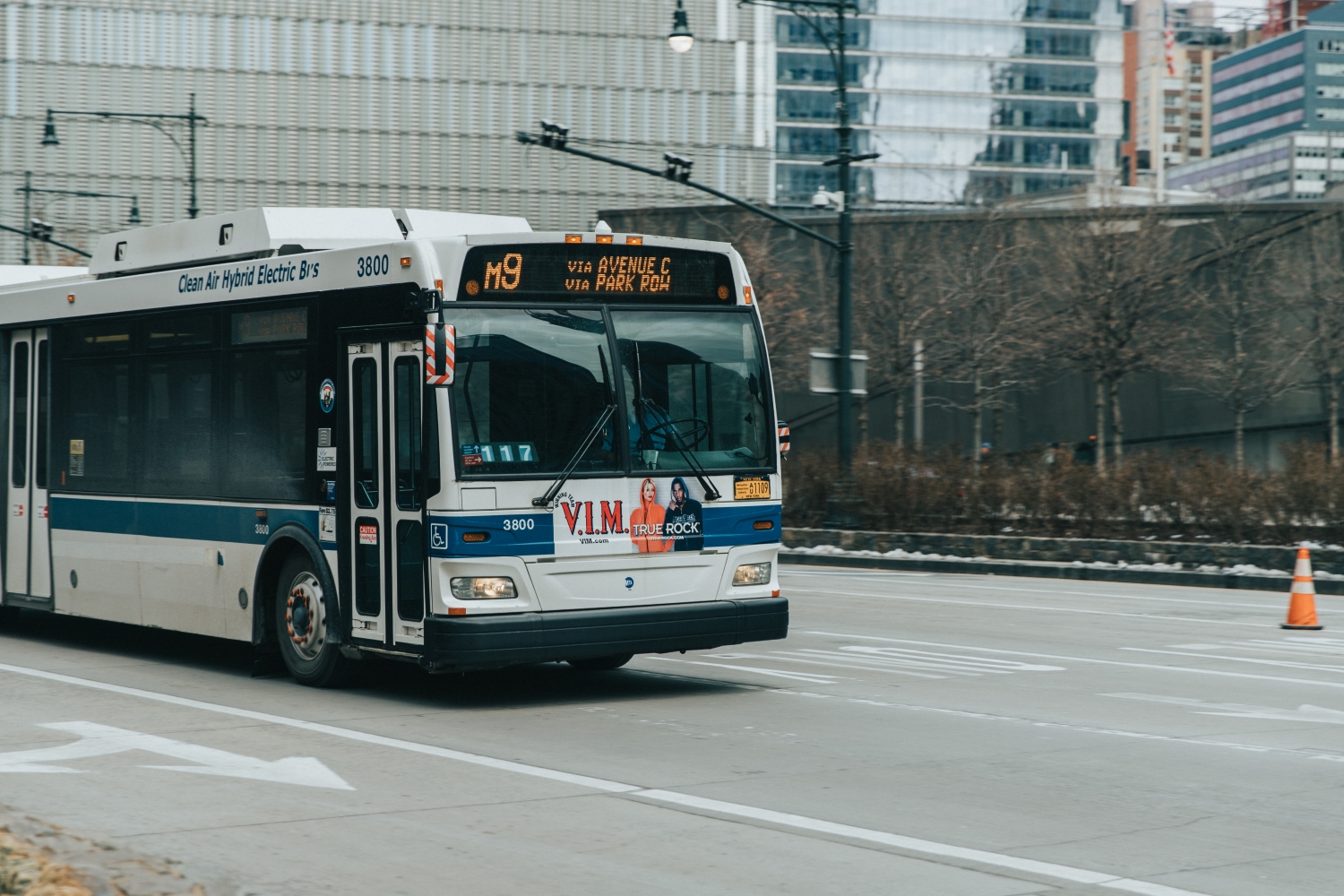The Department of Transportation (DOT) requires safety-sensitive employees to adhere to drug and alcohol testing. The drug and alcohol policy includes rules outlining which employees are tested, the frequency of tests, and what substances are tested for. If this policy is violated, an employee works with a Substance Abuse Professional (SAP) in a return-to-duty process. DOT SAP guidelines detail specific criteria an employee needs to complete to get back to work.
DOT SAP Guidelines for Testing
An FMCSA mandated safety-sensitive employee is typically defined as someone having a Commercial Driver’s License (CDL) and operating a commercial motor vehicle (that is greater than 26,000 GVWR. Additionally, included are drivers transporting more than 16 passengers (including the driver) or hazardous materials on public roads. This includes employees from Federal, State, and local government agencies. Part-time drivers must still adhere to drug and alcohol testing.
Why are FMCSA Mandated Safety-Sensitive Employees Tested?
Because FMCSA mandated safety-sensitive employees drive heavy motor vehicles, carry a large group of passengers, or carry hazardous waste, accidents must be avoided. Drivers under the influence of drugs and/or alcohol fail to operate a commercial vehicle to the best of their ability and are a danger to the public. If an accident occurs, it can put the driver, their coworkers, passengers, and the general public at risk. In 1991 Congress recognized this danger and passed the Omnibus Transportation Employee Testing Act requiring testing.
How a SAP Program Can Help Employees Return to Work
If an applicant or employee fails a test or refuses to participate in a test, they are disqualified and immediately removed from all safety-sensitive duties. The employee can only be considered for return to safety-sensitive duties after completing a return-to-duty program with a Substance Abuse Professional (SAP).
DOT SAP guidelines require employees to partner with a DOT-qualified SAP. These professionals have specific credentials and qualifications. SAPs must possess clinical experience in the recognition, diagnosis, and treatment of substance abuse disorders.
SAPs play a crucial part in the return-to-duty process by evaluating employees who have violated DOT drug and alcohol rules. Next, the SAP recommends appropriate education, treatment, follow-up testing, and possibly aftercare programs.
The safety-sensitive employees greatly benefit from SAP programs as they get the help they need to ensure they don’t endanger themselves or others at work again.
Discover FastTrack Enrollment
SAPs must keep up with continuing education courses to remain DOT-qualified. Unfortunately, it can be challenging to know if a SAP is up to date on all of their qualifications. If a SAP’s qualifications are not current, the return-to-duty process won’t count. Unfortunately, the employee must spend additional time and resources repeating their work with another SAP.
SAP Referral Services (SRS) helps you avoid this problem. With providers in over 3,000 locations across the nation, you will connect with a SAP in your area. Plus, we guarantee that any SAP we schedule you with will be qualified at the time of initial contact. Our FastTrack Enrollment allows you to quickly start the return-to-duty process with just two simple steps online.
SAP Referral Services (SRS) is the leading facilitator for mandated substance abuse evaluations. SRS maintains an extensive network of qualified providers in more than 3,000 locations nationwide for testing violations that originate from any of the DOT’s modes including FMCSA, FAA, FRA, FTA, USCG and PHMSA, or a company’s internal drug and alcohol testing policy.
